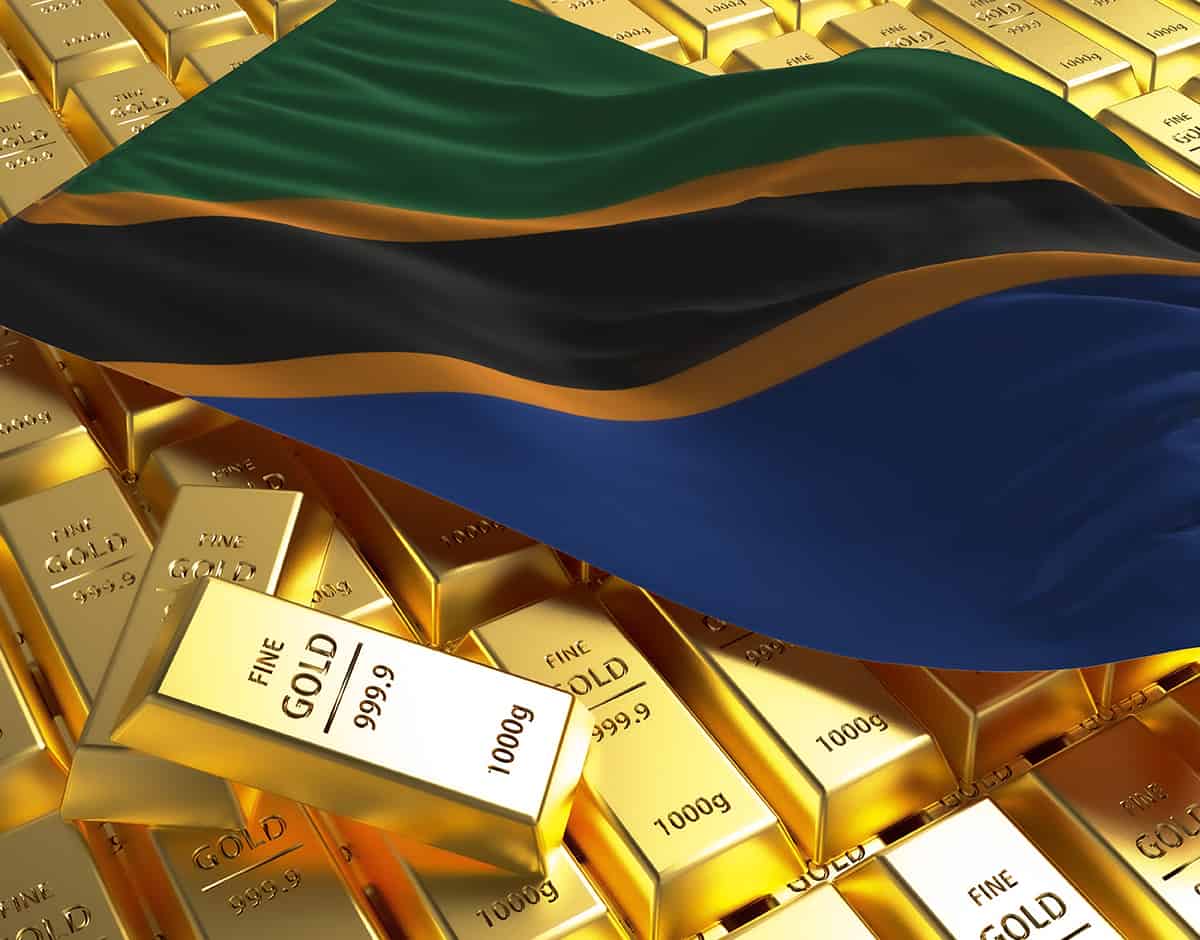The regime of the late Tanzanian president John Pombe Magufuli was a disaster for foreign investors in the country’s mining sector. With a stroke of the pen in 2018, the administration cancelled all retention licenses, majority held by foreign companies.
Today, the chickens are coming home to roost for Tanzania. The country has been forced to pay Canadian gold explorer Winshear Gold $30 million for cancelling its licenses for the SMP project.
Winshear had sued Tanzania at the International Centre for Settlement of Investment Disputes (ICSID) and was seeking at least $96 million. To avoid paying the whole amount, Tanzania opted for an out-of-court settlement.
This was partly informed by a precedent in which ICSID in July ordered Tanzania to pay Australian miner Indiana Resources $109 million for seizing its Ntaka Hill project. Tanzania has since applied for annulment.
Apart from the Indiana Resources case, at least two others are ongoing at the ICSID in which foreign companies are seeking a staggering $300 million for wrongful termination of their mining licenses.
Patrick Obath, a Kenyan-based mining expert, contends the Winshear case is another wakeup call for governments in Africa that “politicizing” mining is bound to have dire consequences. “Mining is capital intensive and foreign investors want predictability and certainty,” he says.
Prospecting companies face the arduous task of not only mobilizing funds but also the possibilities of projects failing to yield the desired results. This leads to costly write-offs. License cancellation, thus, is catastrophic.
Bleeding of foreign exchange reserves was the last thing Tanzania would have wished for. Not when the country is buying gold to boost reserves in order to safeguard against shocks.
By year end, the Bank of Tanzania (BoT) has set a target to buy six tons of gold from domestic miners. The aim is to boost the reserves that, as of July, stood at $5.3 billion, equivalent to 4.8 months of imports cover.
Though largely adequate, BoT contends that reliance on dollar reserves alone is exposing Tanzania to the US Fed’s policy stances, defined by extensive tightening cycles.




